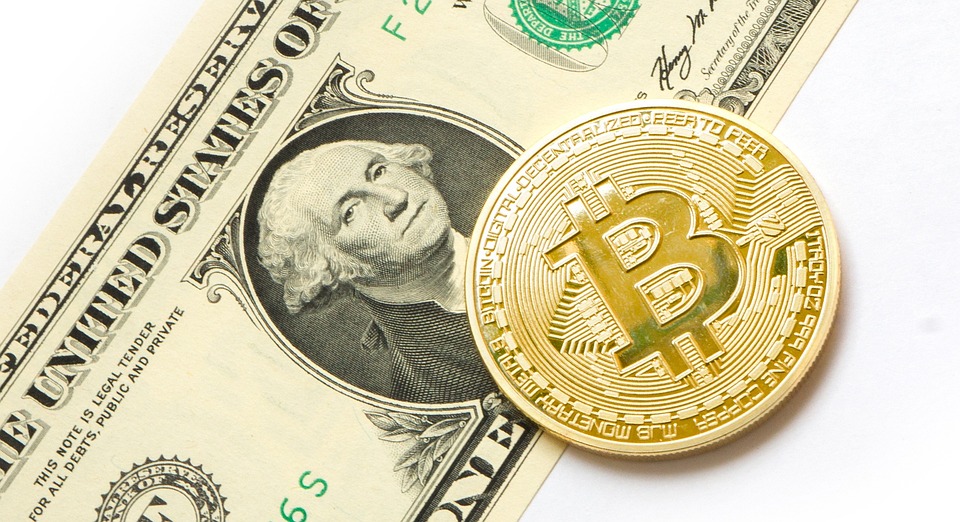The Intersection of Politics and Cryptocurrency: Trump’s Influence
The world of cryptocurrency has rapidly evolved from a niche digital curiosity to a significant financial ecosystem, attracting the attention of investors, policymakers, and the general public. At the heart of this evolution lies the intersection of politics and digital currency, particularly as it pertains to the influence of prominent political figures such as former President Donald Trump. Understanding this intersection is crucial for grasping the broader implications of cryptocurrency in the contemporary political landscape.
Trump’s Skepticism Towards Cryptocurrency
During his presidency, Donald Trump expressed skepticism about cryptocurrency, particularly Bitcoin. He famously tweeted in July 2019, stating that he was “not a fan” of Bitcoin and other cryptocurrencies, citing concerns over their potential for facilitating illegal activities and their lack of intrinsic value. His position reflected a broader apprehension among many traditional politicians regarding the unregulated nature of digital currencies and their potential to disrupt established financial systems.
Trump’s skepticism resonated with a cohort of conservative lawmakers and regulators who viewed cryptocurrency as a challenge to traditional banking and monetary policy. This apprehension has led to calls for increased regulation and oversight, influencing the trajectory of cryptocurrency legislation in the United States.
The Rise of Crypto Supporters in Politics
Despite Trump’s critical stance, the political landscape surrounding cryptocurrency is not monolithic. The rise of crypto proponents, including lawmakers from both parties, has created a counterbalance to skepticism. Figures like Senator Cynthia Lummis and Representative Patrick McHenry have emerged as champions of cryptocurrency, advocating for policies that foster innovation while ensuring consumer protection.
This bipartisan support reflects a growing recognition of the potential benefits of cryptocurrency, including financial inclusion, economic empowerment, and technological advancement. As these advocates gain influence, they may shape a more favorable regulatory environment for the crypto industry, even in the face of opposition from more traditional political figures.
Trump’s Legacy and Future Implications
As Trump continues to wield significant influence within the Republican Party, his views on cryptocurrency may shape the party’s platform moving forward. The dynamic between skepticism and support for digital currencies could influence campaign strategies, voter engagement, and fundraising efforts in future elections.
Moreover, the evolving landscape of cryptocurrency regulation will likely be a key issue in upcoming political debates. Candidates who embrace the potential of blockchain technology and digital currencies may find themselves appealing to a younger, tech-savvy electorate that values innovation and economic opportunity.
Conclusion
The intersection of politics and cryptocurrency is complex and continually evolving, with Donald Trump’s influence serving as a notable focal point. While his skepticism has prompted discussions about regulation and oversight, the emergence of crypto advocates in the political arena suggests a potential shift toward a more favorable regulatory environment.
As the cryptocurrency landscape continues to mature, the political discourse surrounding it will undoubtedly play a critical role in shaping its future. Understanding these dynamics is essential for stakeholders in both the political and financial realms, as they navigate the challenges and opportunities presented by this transformative technology.



